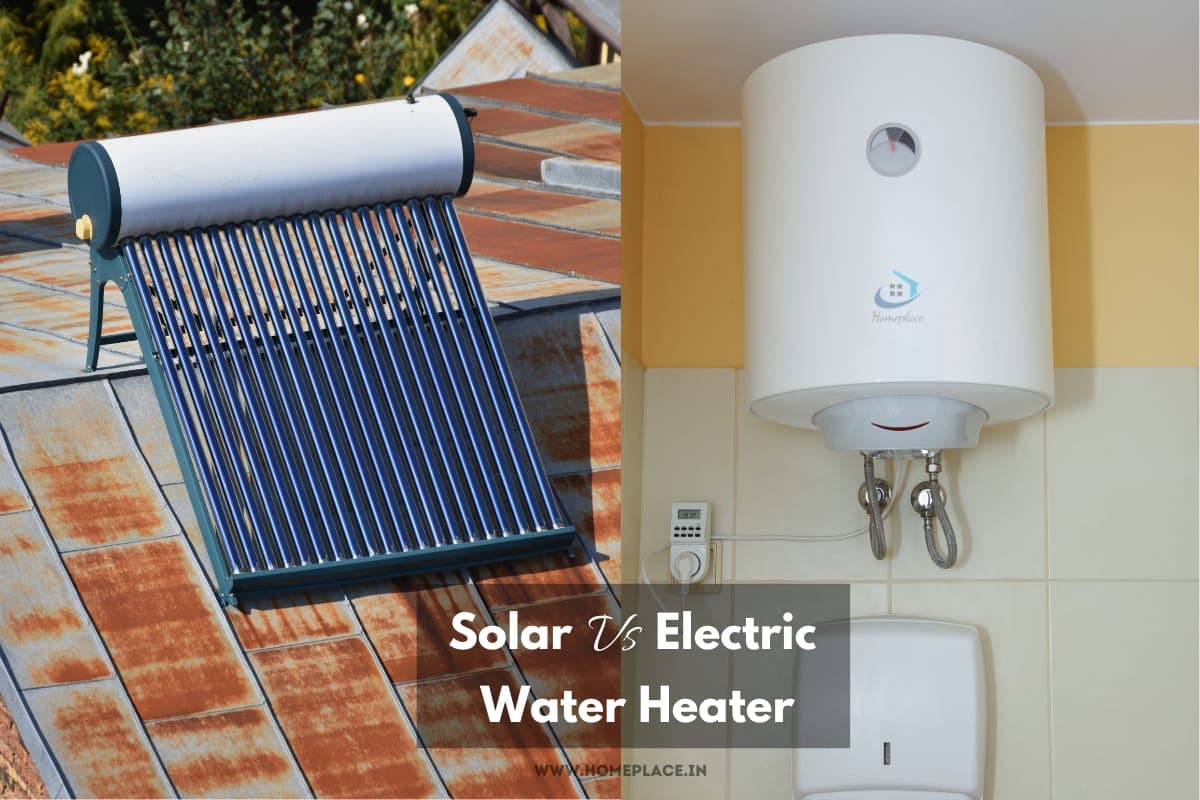Optimizing Your Solar Water Heater System
페이지 정보
작성자 Patricia 작성일25-04-19 20:56 조회3회 댓글0건본문
A solar water heater system consists of a series of key parts that integrate to provide hot water. Understanding the performance of your system is crucial to get the most out of it. In this article, we will discuss how to evaluate the performance of your solar water heater system.
Before you begin evaluating your system's performance, it is crucial to learn some basic knowledge of its key parts, such as the solar collectors, a storage tank, pumps, pipes, and sensors, and more. Understanding each component's role and the interaction between them will make it easier to identify and solve performance issues.
To start, you need to consider the location of your solar water heater system and how it is oriented and tilted to maximize sunlight exposure. Ideally, the collectors should face the equator or the south in the northern hemisphere to maximize energy from the sun. A tilt of about 30-40 degrees from the horizontal is also necessary for consistent energy absorption, as this will ensure the system operates efficiently.
Next, let's discuss some essential metrics to measure your system's performance. The primary goal of a solar water heater is to meet household hot water demands. The following parameters can be used to evaluate your system's efficiency:
Now, let's discuss some common issues that can affect your system's performance:
Before you begin evaluating your system's performance, it is crucial to learn some basic knowledge of its key parts, such as the solar collectors, a storage tank, pumps, pipes, and sensors, and more. Understanding each component's role and the interaction between them will make it easier to identify and solve performance issues.
To start, you need to consider the location of your solar water heater system and how it is oriented and tilted to maximize sunlight exposure. Ideally, the collectors should face the equator or the south in the northern hemisphere to maximize energy from the sun. A tilt of about 30-40 degrees from the horizontal is also necessary for consistent energy absorption, as this will ensure the system operates efficiently.
Next, let's discuss some essential metrics to measure your system's performance. The primary goal of a solar water heater is to meet household hot water demands. The following parameters can be used to evaluate your system's efficiency:
- : This measures the difference between the temperature of the hot water and the temperature of the return water. The temperature difference indicates energy efficiency which is a good sign that your system is efficient.
- : This measures the amount of hot water supplied by the system. The volume flow rate is crucial in supplying hot water. This is a measure of your system's capacity.
- Solar contribution hot water supplied by solar energy, rather than electricity or fossil fuels. Ideally, your system should meet at least 60-70% of energy needs.
- Total system efficiency: This measures the overall of your system, taking into account energy losses, system resistance, and other factors.
Now, let's discuss some common issues that can affect your system's performance:
- : Poor orientation and tilting of your solar water heater system can impede its efficiency. This can happen if the system is not properly maintained.
- Poor water pressure can impact system efficiency affect performance. Ensure your system has sufficient pressure to meet hot water demands.
- Leaks and blockages can prevent the system efficiently. Regularly check connections, pipes, and sensors for any signs of airlocks or leaks.
- Scale buildup and corrosion Regular cleaning and maintenance are necessary to keep the system running smoothly.

댓글목록
등록된 댓글이 없습니다.


